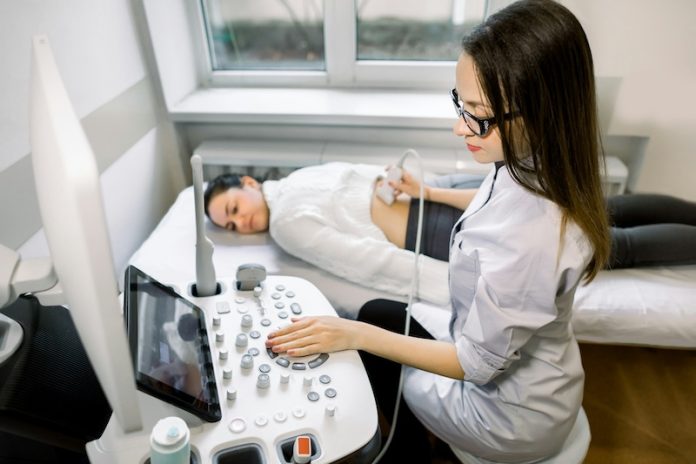
Our kidneys play a very important role in keeping our body healthy. They clean our blood by removing waste and extra fluids, which we get rid of as urine. But sometimes, the kidneys slowly stop working well. This condition is called chronic kidney disease, or CKD. It can last a long time and often gets worse over time.
CKD can happen for many reasons. Two common causes are high blood pressure and diabetes. Some medications may also lead to kidney damage if used for a long time. People with CKD may not feel very sick at first, but as the condition gets worse, they might feel tired, lose their appetite, have trouble sleeping, and notice swelling in their legs or ankles.
One big concern is that people with CKD are more likely to develop heart and blood vessel problems. This is known as cardiovascular disease, or CVD. In CVD, the blood vessels become stiff and clogged, which can lead to serious health issues like heart attacks or strokes.
Researchers have been trying to understand why CKD often leads to CVD. A recent study led by Takaaki Koide and his team explored a possible answer. They focused on tiny particles in the blood called small extracellular vesicles, or sEVs. These are like little parcels that cells send out to talk to each other. The sEVs carry different kinds of messages that tell other cells what to do.
In people with CKD, the scientists found that these tiny parcels were sending harmful messages to the cells in blood vessels. Normally, smooth muscle cells in blood vessel walls help the vessels stay healthy and flexible. But when they receive bad messages, they can change and start causing damage instead. This can make the blood vessels harder and lead to CVD.
The researchers discovered that the sEVs from people with CKD were sending fewer helpful messages and more harmful ones. One of the harmful messages was a signal called VEGFA. VEGFA is known to play a role in damaging blood vessels.
In this study, the scientists found that VEGFA levels were much higher in the sEVs from people with CKD. They believed this could be one of the reasons why CKD leads to heart and blood vessel problems.
To test their idea, the scientists blocked VEGFA signals in animals with CKD. After doing this, they saw less damage in the animals’ blood vessels. This means that stopping VEGFA might be a good way to protect the heart and vessels in people with CKD.
The team also found something else interesting. There were four small molecules called microRNAs that were present in lower amounts in the sEVs from people with CKD. These microRNAs usually help protect the heart and blood vessels.
But in CKD, the body wasn’t sending enough of them. This missing protection could be another reason why people with CKD often develop CVD.
Even more importantly, the scientists noticed that measuring the levels of these microRNAs in sEVs might help doctors predict who is at higher risk of heart problems. This could lead to better tests in the future to find out which CKD patients need early treatment to protect their hearts.
In simple terms, this study shows that tiny particles in the blood of people with kidney disease might be sending the wrong messages, making their hearts and blood vessels more likely to get sick.
But by looking at these messages closely—especially the harmful VEGFA signal and the missing protective microRNAs—scientists might find new ways to treat or even prevent heart disease in people with CKD.
If you want to take care of your kidneys, it’s important to manage your blood pressure and blood sugar. Some studies also suggest that drinking coffee and eating nuts may help lower the risk of kidney disease. And if you already have kidney problems, keeping your heart healthy should be a priority too.
This study was published in Circulation Research and could help doctors find better ways to protect both the kidneys and the heart.
If you care about heart health, please read studies about top 10 foods for a healthy heart, and how to eat right for heart rhythm disorders.
For more health information, please see recent studies about how to eat your way to cleaner arteries, and salt and heart health: does less really mean more?
Copyright © 2025 Knowridge Science Report. All rights reserved.



